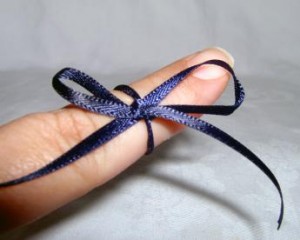Imagine John McCain without the life-changing experience of being a prisoner of war.
Imagine John Walsh without the devastating grief of his son, Adam, being murdered by a serial killer.
In the news last week was the story of researchers working on a drug to erase certain memories. The spooky story in the Times starts off:
Suppose scientists could erase certain memories by tinkering with a single substance in the brain. Could make you forget a chronic fear, a traumatic loss, even a bad habit.
Researchers in Brooklyn have recently accomplished comparable feats, with a single dose of an experimental drug delivered to areas of the brain critical for holding specific types of memory, like emotional associations, spatial knowledge or motor skills.The drug blocks the activity of a substance that the brain apparently needs to retain much of its learned information. And if enhanced, the substance could help ward off dementias and other memory problems.
Don’t get me wrong. My life is littered with dozens of experiences for which I wish I could have a do-over. Regrets, I have more than a few.

But lugging around the effects of my past stupidity at least theoretically helps shape my future decisions. Have you ever tried reasoning with a toddler about how it’s a bad idea to touch a hot stove? The argument becomes markedly easier once the kid inevidably touches the hot stove and cries in pain. Next time you say “no, hot,” and pull his hand away, he knows why that’s something to avoid. Isn’t grown up life a series of hot stoves we burn ourselves on, then (if we’re lucky) know enough not to touch next time?
I think it’s a dangerous game to go erasing memories. Even the most painful ones put us on a path of evolution and revolution. Sometimes especially the most painful ones.
After Adam Walsh was murdered, his father, John, became an advocate for putting America’s Most Wanted behind bars. I’m sure there’s not a day that goes by that he doesn’t wish he could have his son back. But the drug can’t change reality, it can only erase the memory. What if that took away a father’s opportunity to make something positive out of his grief?
And on a more mundane level, after I got dumped by my ex-fiance, it prompted me to really evaluate what I wanted from my next relationship and I think my life and my marriage are better for that.
The mind eraser drug was such a conversation topic that New York magazine asked Moby about it at a private screening of “Is Anybody There?” I loved his answer:
If I erased the memories of embarrassing things I’ve done would increase the likelihood that I’d do these incredibly stupid things all over again. The only memories that might make sense to erase are good memories, so that way you could experience things for the first time again, you know?
If you could erase a memory, would you? Do you have an unpleasant memory that’s helped make you who you are?


Leave a reply